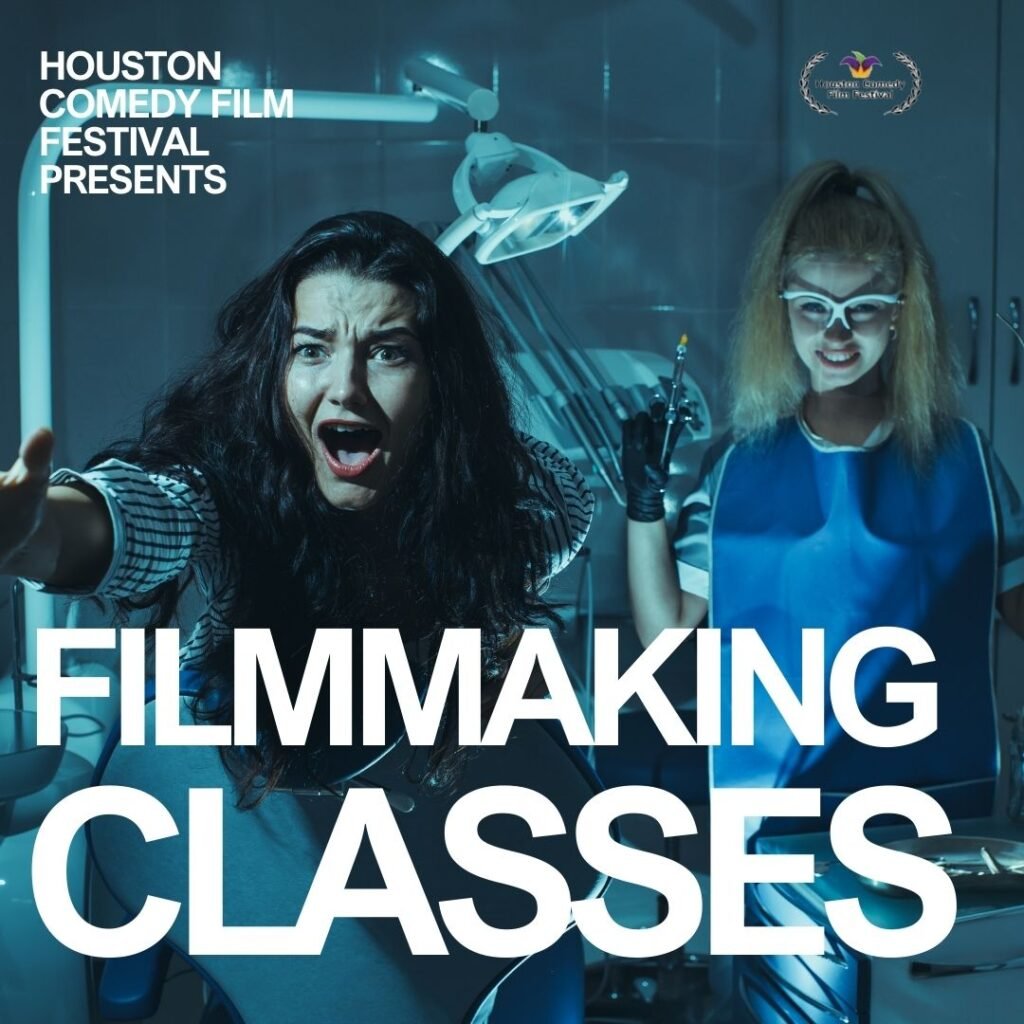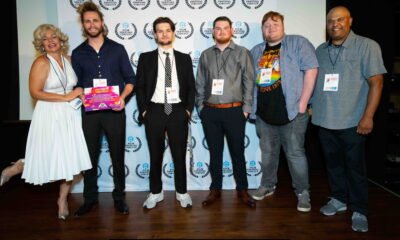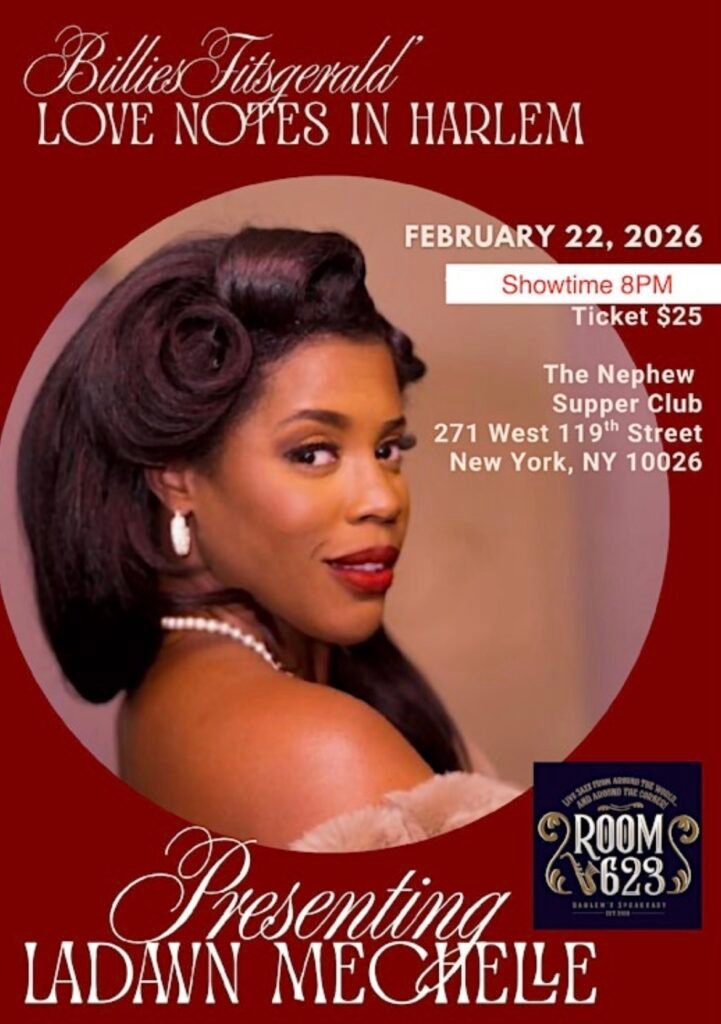News
96% of Diversity Leaders Aren’t Black
In a world where diversity, equity, and inclusion (DEI) have become corporate buzzwords, a startling statistic emerges: 96% of diversity leaders aren’t Black. This figure reveals a profound disconnect between the stated goals of DEI initiatives and the reality of who’s steering these efforts. Recent events, including President Trump’s controversial actions, have brought this issue into sharp focus, reigniting the debate on DEI policies and their effectiveness.

Trump’s Executive Order: A Seismic Shift
On January 21, 2025, President Trump signed an executive order titled “Ending Illegal Discrimination and Restoring Merit-Based Opportunity.” This order aims to impose new curbs on DEI in federal contracting and steer the private sector away from DEI policies and practices. The order revokes a wide swath of executive actions relating to diversity, inclusion, and equal employment opportunity dating back to 1965.
Key aspects of the order include:
- Ending affirmative action regulations for federal contracts
- Directing government agencies to remove remaining DEI-related programs
- Identifying prominent businesses for enforcement actions targeting private DEI-related programs and practices

The Numbers Don’t Lie
As of 2025, the racial breakdown of Chief Diversity Officers paints a stark picture:
- White: 76.1%
- Hispanic or Latino: 7.8%
- Asian: 7.7%
- Black or African American: 3.8%
These percentages are particularly troubling when we consider that Black people make up 12.8% of the U.S. workforce. The underrepresentation in DEI leadership roles mirrors a broader trend in corporate America, where only eight Fortune 500 companies have a Black CEO as of 2024.
The Cost of Exclusion
The irony of exclusion in inclusion efforts isn’t just a moral failing—it’s bad for business. Companies with diverse workforces are more likely to be innovative. Yet, the lack of diversity in leadership persists:
- Only 1.6% of Fortune 500 CEOs are Black, a figure that is both abysmally low and nearly record-breaking.
- Black directors hold 11.9% of board seats at S&P 500 companies, up from 9.5% at the end of 2020.
- There are only 13 Black CFOs at S&P 500 companies compared to 6 in 2016.

Breaking the Cycle
Addressing this paradox requires more than just acknowledging the problem. It demands concrete action:
- Early Career Support: Black individuals often miss out on management opportunities early in their careers. Targeted mentorship and leadership programs could help bridge this gap.
- Challenging Stereotypes: Cultural stereotypes often hinder the advancement of minority groups. Conscious efforts to recognize and counteract these biases are crucial.
- Accountability: Companies need to set clear, measurable goals for diversity in leadership positions and hold themselves accountable for achieving them.
The Path Forward
As the nation grapples with these changes and controversies, questions arise about the future of diversity efforts in America. Will Trump’s actions reverse progress, or will they spark a renewed commitment to addressing racial disparities in leadership roles?
The debate continues, but one thing is clear: the disconnect between DEI leadership and the communities they aim to serve remains a pressing issue that demands attention and action. As we move towards a future where groups formerly viewed as “minorities” are projected to reach majority status, the need for representative leadership becomes even more critical.
The question remains: Can we create a future where those championing diversity truly reflect the diversity they seek to promote? The answer lies not just in statistics, but in our collective commitment to change, our willingness to challenge the status quo, and our ability to create meaningful opportunities for Black professionals in DEI leadership roles.
Bolanle Media covers a wide range of topics, including film, technology, and culture. Our team creates easy-to-understand articles and news pieces that keep readers informed about the latest trends and events. If you’re looking for press coverage or want to share your story with a wider audience, we’d love to hear from you! Contact us today to discuss how we can help bring your news to life
News
THE MACHINE VS. THE ARTIST

What SAG-AFTRA’s AI Rules Mean For Actors & Filmmakers in 2026
AI isn’t coming for the film industry—it’s already inside your contracts. SAG-AFTRA has been building an AI rulebook across multiple agreements, from TV/streaming to video games and commercials, and those choices will shape how your face, body, and voice can be used.

1. SAG-AFTRA’s AI “guardrails” in one page
SAG-AFTRA says its AI framework is built on three core promises: clear consent, fair compensation, and control over performances.
In practice, that means:
- Your name, image, and voice are treated as rights that must be licensed, not free raw material.
- Any AI recreation of you is supposed to require informed consent, not buried boilerplate.
- Unions are pushing to make it cheaper to hire a human than to rely on synthetic replicas.
Across contracts, SAG-AFTRA has been adding AI protections in the TV/Theatrical deal that ended the 2023 strike, in animation and commercials agreements, and in the newer Interactive Media (video game) agreement ratified in 2025.
2. What “digital replicas” actually are
Newer agreements break AI uses into categories so producers can’t hide everything under vague language.
Key terms:
- Vocal digital replica: An AI-generated version of your voice, trained from your recorded work and used to create new lines you didn’t physically say.
- Visual digital replica: A digital version of your likeness used to generate new shots or performances.
- Independently created digital replica (ICDR): A replica made from non‑union material or by prompting a generative model with your name (for example, a game company asking a tool to “make a voice like X”).
Under the 2025 Interactive Media Agreement, for example:
- These different replica types all require consent and disclosure.
- Producers must track when they use replicas and pay based on output (like per line of AI dialogue).
- Consent has to be “clear and conspicuous,” often in a separate rider that describes what the replica will do and whether it will handle sensitive material.
3. Seedance 2.0: why everyone’s talking about it
In February 2026, SAG-AFTRA publicly condemned Seedance 2.0, a new AI video model, saying it enables blatant infringement of performers’ voices and likenesses and undermines their ability to earn a living.
The union’s position:
- Seedance 2.0 disregards law, ethics, industry norms and consent by allowing unauthorized cloning and mash‑ups.
- It’s being criticized at the exact same time SAG-AFTRA is back at the table negotiating a new TV/Theatrical/Streaming contract, where AI protections are a top priority.
For you, Seedance 2.0 is a case study in what not to do: using AI tools that ingest copyrighted work or people’s likenesses without explicit, documented permission.
4. If you’re an actor: your AI checklist
Before you sign any contract, look for language about “digital replicas,” “AI,” “synthetic performance,” or “simulation.” Then ask three questions:
- Can they create a digital replica of me?
Is the contract asking for the right to use your voice or image to generate new material that looks/sounds like you? - What do I get paid if they use it?
Is there separate compensation for AI-generated lines, scenes, or future uses, or is the contract trying to roll everything into a one‑time fee? - Can I say no later?
Does the agreement give you any ability to suspend or revoke consent, especially if the content changes (becomes more sensitive, political, or explicit) or if there’s a labor dispute?
Practical moves:
- Keep a copy of every AI rider you sign and what you were told the replica would be used for.
- If something feels too broad (“any use, in any medium, forever”), ask for narrower language or talk to your rep/union before signing.
- Use SAG-AFTRA’s AI resource pages and explainers to understand your rights and current policy fights.
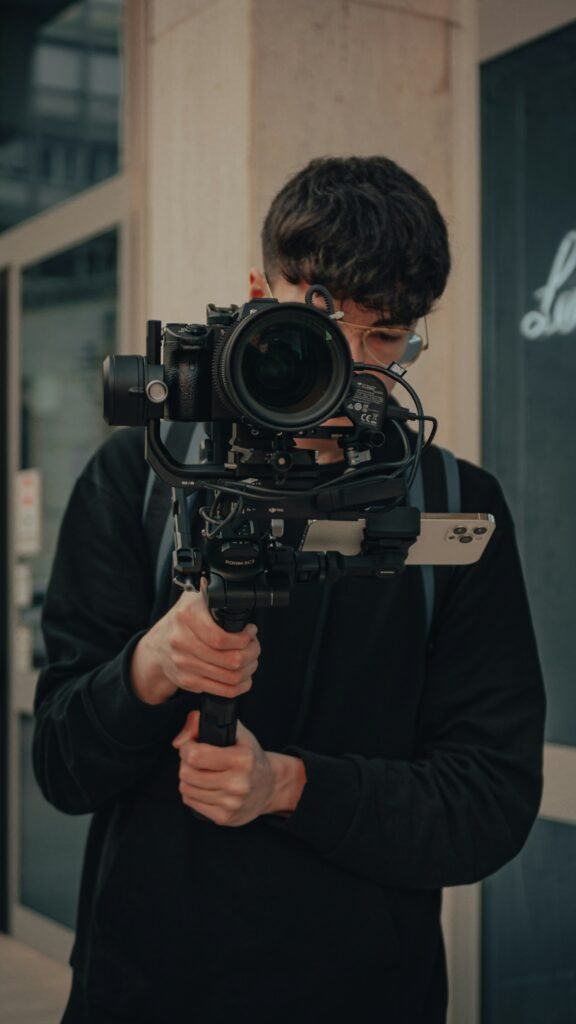
5. If you’re a filmmaker or producer: how not to get burned
Using AI on your project doesn’t have to mean fighting your cast later—but only if you handle it correctly.
Non‑negotiables if you’re working with union talent:
- Get explicit, written consent before creating any replica, with a rider that describes the use in plain language.
- Budget for AI‑related pay. Many agreements treat AI output as additional work, not a free bonus.
- Avoid gray‑area tools. If a model has been publicly condemned by the performers’ union for unauthorized cloning, using it with performers’ likenesses is both an ethical and legal risk.
- Align your paperwork with union rules. Update your deal memos so AI sections don’t quietly overreach beyond what the union agreements allow.
If you’re non‑union, following these standards still protects you:
- You reduce your exposure to future lawsuits or takedowns.
- You build trust with actors who may join your projects precisely because you’re not cutting corners on AI.
6. Where to learn more
If you want to go deeper than this article, start with:
- Union AI hubs and FAQs explaining their core principles.
- AI bargaining timelines that show what’s already been won and what’s still being fought over.
- Interactive media and digital replica explainers that spell out definitions, consent rules, and pay structures.
- Public statements about tools like Seedance 2.0, which show where the red lines are.
7. The bottom line
AI is not a side issue anymore—it is part of how performance is captured, stored, and reused. The only real question is whether that happens with you or to you.
If you’re an actor, your power starts with reading every AI line in your contracts and refusing to trade your likeness for a one‑time fee. If you’re a filmmaker, your reputation will be built on whether people trust you with their face, their voice, and their future earning potential.
The machine is here. The artists who last will be the ones who learn the rules, push for better ones, and refuse to treat human performance as disposable training data.
Save this, share this with your cast and crew, and make sure the story you’re telling about AI is one you’d be proud to see on screen.
News
Harlem’s Hottest Ticket: Ladawn Mechelle Taylor Live
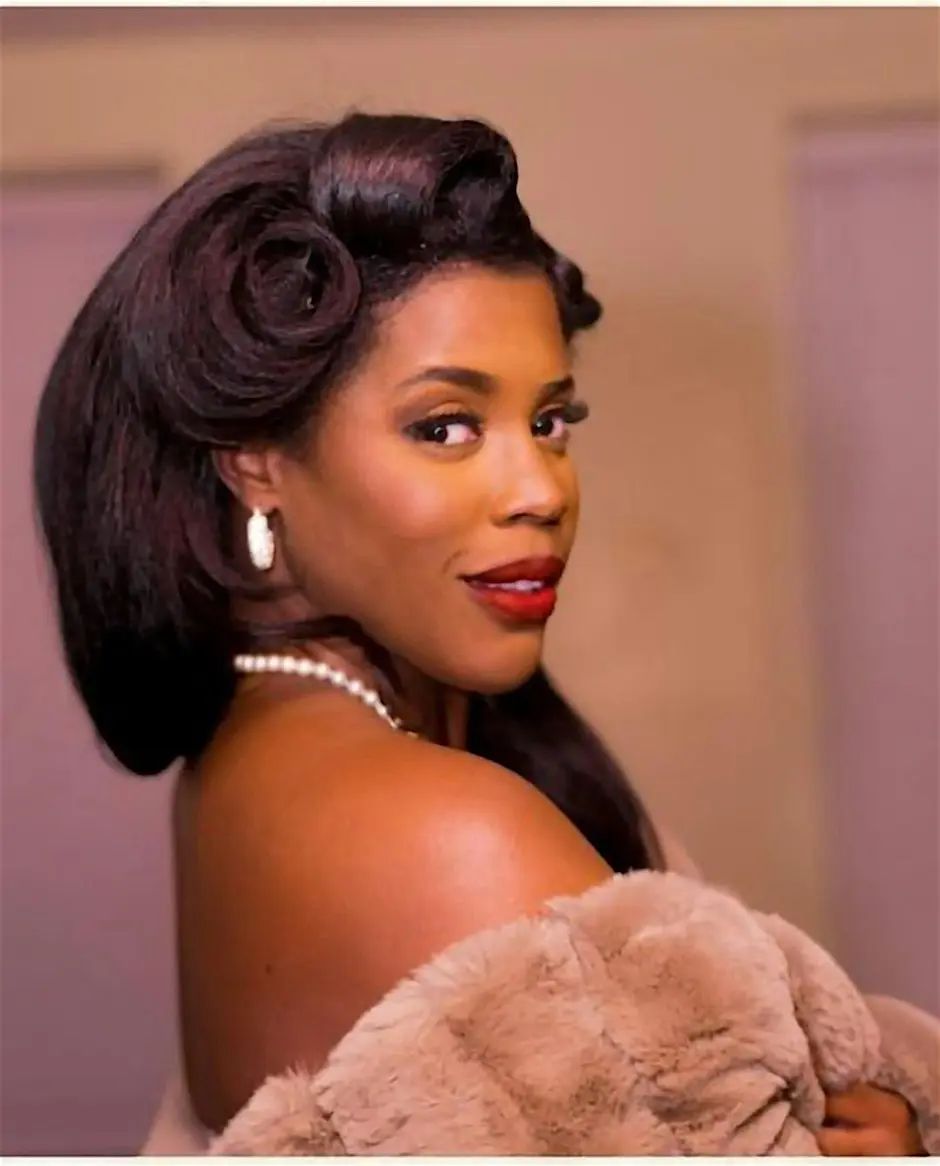
Harlem doesn’t always announce its biggest nights in advance—but when it does, you feel it in the air. From Feb 22 through Mar 22, Room 623 in New York, NY becomes the home of an intimate, soulful run you’ll want to say you caught in real time: “Billie Fitzgerald: Love Notes to Harlem.” This isn’t a background-music type of evening—it’s a sit-forward, lock-in, feel-every-note experience starring the main event herself: Ladawn Taylor.
Ladawn takes the stage as headliner, producer, and vocalist, leading the night with presence, storytelling, and a voice that pulls the room into one shared heartbeat. The show invites you into “love notes” inspired by Harlem’s soulful vibes—heartfelt stories paired with live tunes that bring the spirit of Harlem to life, not as nostalgia, but as something living and happening right now. If you’ve been craving culture that feels close, real, and electric, this is exactly what it looks like.
And while Ladawn is the star, she’s surrounded by talent that strengthens the whole experience: Stephen White (vocalist) and Safin Karim (accompanist) join her to build a live sound that’s rich, emotional, and unforgettable. This is the kind of lineup that doesn’t just “support” a headliner—it amplifies her, giving Ladawn space to soar, improvise, and turn the room into a moment people can’t stop talking about.
The setting is part of the magic. The series is in-person and 18+, designed for grown, ready-to-vibe energy—an up-close Harlem night where the music hits different because you’re right there for it. And the address puts you exactly where you need to be: Room 623, 271 West 119th Street, New York, NY 10026.
Call it a date night, a friend night, a solo “I’m outside” night—just don’t call it optional. This is Harlem’s hottest ticket for a reason: Ladawn Taylor Live is the kind of experience you share because it’s not just an event—it’s proof you were in the room when something special happened.
News
How Misinformation Overload Breaks Creative Focus
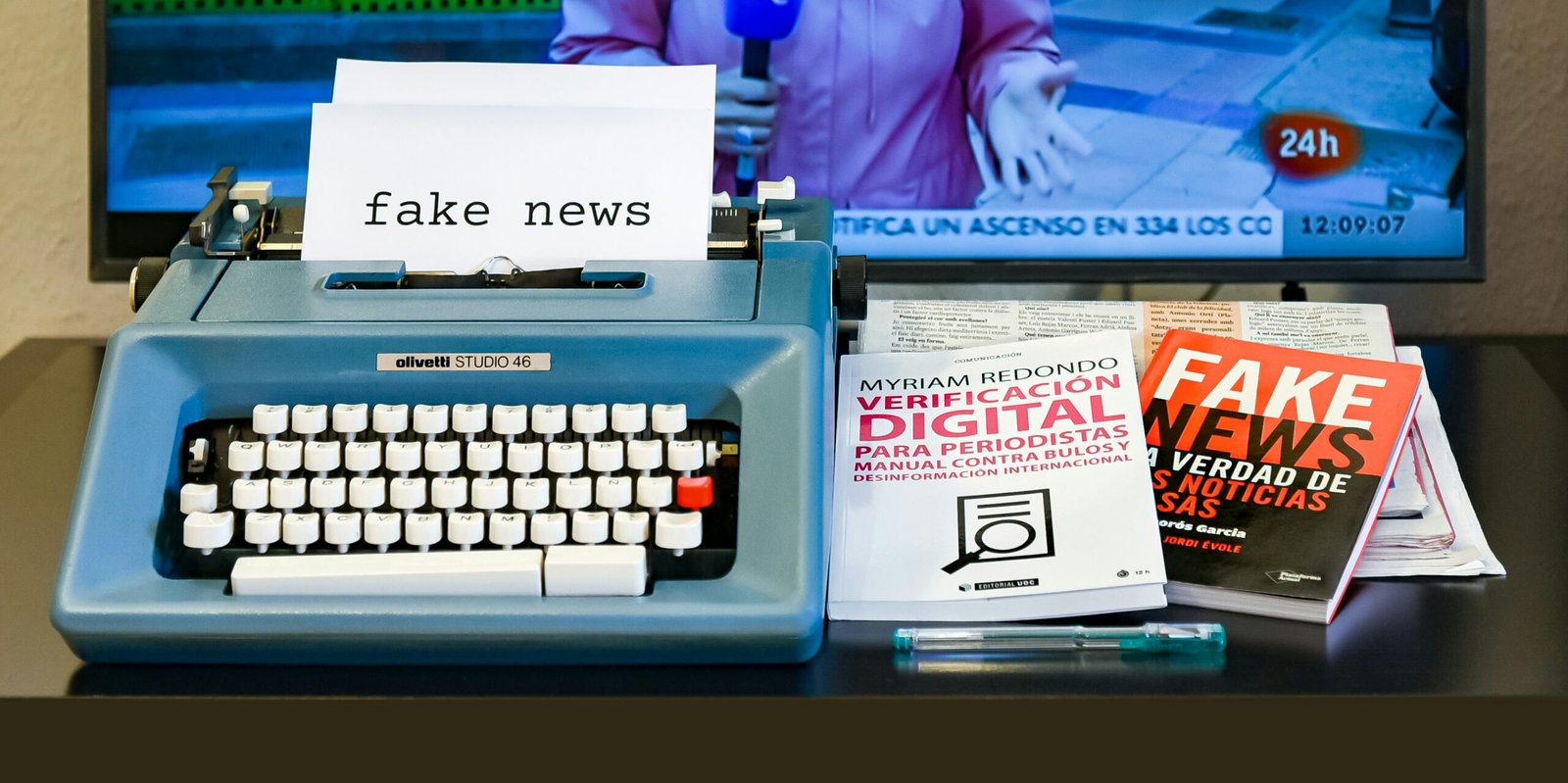
Misinformation overload doesn’t just confuse you—it fractures your attention, hijacks your nervous system, and makes it nearly impossible to create with clarity. When your brain is stuck sorting “what’s real” from “what’s rumored,” your creative work doesn’t just slow down; it starts to feel unsafe to even begin.
In the newsroom, we see this pattern constantly: when a story becomes a nonstop stream of claims, counterclaims, screenshots, “leaks,” and reaction content, the audience doesn’t end up informed—they end up flooded. And for filmmakers, writers, editors, and entrepreneurs, that flood hits the part of you that’s responsible for focus, judgment, and decisive action.

The modern trap: infinite updates, zero certainty
There’s a particular kind of exhaustion that comes from trying to track a high-temperature story online. You’re not simply consuming information—you’re doing mental triage every minute:
- Is this confirmed or speculation?
- Is this a primary source or someone’s interpretation?
- Is the clip edited?
- Is the account credible?
- Why are ten people saying ten different things?
This is what breaks people. Not one article. Not one update. It’s the endless requirement to verify reality while the feed keeps moving.
Why creators are extra vulnerable
Creators are pattern-seekers by design. You’re trained to read subtext, connect dots, and search for meaning—skills that make great storytelling possible. But in a misinformation-heavy environment, those strengths can be exploited.
Instead of using your brain to build a story, you’re using it to defend yourself against confusion. Your mind becomes a courtroom, a detective board, and a crisis team all at once. That’s not “research.” That’s cognitive overload.
What misinformation overload does to your creative brain
When your system is overloaded, you’ll notice changes like:
- You can’t start, even though you care.
- You jump between tasks and finish none.
- You feel compelled to “check updates” mid-work session.
- You lose confidence in your instincts.
- Your creativity becomes reactive (responding to the feed) instead of generative (creating from vision).
This is the quiet damage: your attention span shortens, your risk tolerance drops, and your work becomes harder to trust—because you don’t feel internally steady.
The “who can I trust?” spiral
One of the most corrosive effects of misinformation overload is relational paranoia. When the feed is full of allegations, lists, rumors, and “everyone is compromised” language, your mind starts scanning your own life the same way.
You begin asking:
- Who should I work with?
- Who should I avoid?
- If I collaborate with the wrong person, will it hurt my career?
- If I say the wrong thing, will I get dragged?
Some caution is wise. But when your career is being steered by fear and uncertainty, you stop moving. And a creative career that stops moving starts shrinking.
A newsroom perspective: being informed vs being consumed
Here’s the line we want you to remember:
Being informed is intentional.
Being consumed is automatic.
Being informed means you check a limited number of reliable sources, you notice what’s verified vs unverified, and you step away. Being consumed means you keep refreshing, keep scrolling, keep absorbing emotional pressure—until you feel like you can’t breathe without an “update.”
If you’re consumed, your next best move is not another deep dive. It’s distance.

The 72-hour clarity reset (built for creators)
If your focus is broken, don’t try to “power through.” Do this instead:
- Create a 72-hour boundary: No threads, no reaction videos, no screenshot “proof” without sourcing, no doomscrolling.
- Choose two check-in windows: For example, 12:00pm and 6:00pm only.
- Cut the loop at the source: Remove the apps that trigger spirals from your home screen (or delete them temporarily).
- Protect one daily creation block: 60–90 minutes, phone in another room, one deliverable (one page, one scene pass, one rough cut, one outline).
- Do one grounding activity per day: Walk, stretch, cook, clean, journal—low-stimulation inputs that calm your body so your mind can work again.
What to do when you come back online
After your reset, return with rules—not vibes:
- Don’t confuse volume with truth.
- Don’t confuse confidence with credibility.
- Don’t outsource your nervous system to strangers.
- If you can’t verify it, don’t build your day around it.
And most importantly: don’t let the feed decide what you create next.
Your next move needs you clear
If you’re trying to figure out your next step—your next film, your next pitch, your next collaborator, your next chapter—you need clarity more than you need more content.
Disconnect long enough to hear your own signal again. That’s where the work lives.
If you tell me your ideal word count (600, 900, 1200, or 1400) and whether you want this framed strictly for filmmakers or for “creatives + entrepreneurs,” I’ll tighten the structure and tailor the examples to match your audience on Bolanle Media.

 Advice1 week ago
Advice1 week agoHow to Make Your Indie Film Pay Off Without Losing Half to Distributors

 Entertainment4 weeks ago
Entertainment4 weeks agoWhat the Epstein Files Actually Say About Jay-Z

 Film Industry4 weeks ago
Film Industry4 weeks agoAI Didn’t Steal Your Job. It Revealed Who Actually Does the Work.

 Entertainment3 weeks ago
Entertainment3 weeks agoWhat Epstein’s Guest Lists Mean for Working Filmmakers: Who Do You Stand Next To?

 Business2 weeks ago
Business2 weeks agoHow Epstein’s Cash Shaped Artists, Agencies, and Algorithms

 Business2 weeks ago
Business2 weeks agoNew DOJ Files Reveal Naomi Campbell’s Deep Ties to Jeffrey Epstein

 News4 weeks ago
News4 weeks agoCatherine O’Hara: The Comedy Genius Who Taught Us That Character Is Everything

 Film Industry1 week ago
Film Industry1 week agoWhy Burnt-Out Filmmakers Need to Unplug Right Now



